
Note: This passage was cut from my current autobiographical work, so I am posting it here. It is a bit dated.
I wrote about Father’s political work and before I close, I want to write about mine. I functioned at the lowest levels of politics and got elected one time to be a Township Trustee. The word “grassroots” is overly used, but that is where I functioned.
In the political world, so many people want to be strategists and speak at a high level about what is or isn’t the best thing to do in the elements of a campaign. It is the source of the increased swarm of media pundits and poobahs. It is the lifeblood of political bloggers. Political campaigns are not only about strategy.
The tactics of a campaign matter: messaging, voter contact, fundraising and public relations. Where strategy trumps tactics in importance is in defining the playing field. Strategies are too often based on false assumptions, and ragged history. The mistake is to take the external features of campaigning as the playing field. Avoiding mistaken strategy is the key to winning elections, something I hope my candidate will do no matter upon which election I am working.
The Rules and Bylaws Committee of the Democratic National Committee voted to advance a series of first in the nation states for the 2024 presidential nominating calendar. Iowa was not one of them. The plan includes South Carolina first, followed by New Hampshire and Nevada the following week, then Georgia, then Michigan. The plan is expected to be approved by the DNC early the next year.
If one didn’t know Iowa were to be booted from the early states, they had not been paying attention.
Iowa and New Hampshire, both of which have state laws requiring them to go first, are considering next steps. If either state chooses to disregard DNC and changes the schedule, there are penalties, including losing delegates at the Democratic National Convention. Delegates are the whole point of the nominating process. There may be state penalties for failure to go first, but let’s face it, any state could pass such a law and who would enforce it? What will happen next in Iowa is presently unknown.
In 1968, the Democratic National Convention was a disaster in several ways.
Outside the convention hall, anti-war demonstrators protesting the Vietnam War roamed Chicago streets. The Chicago police department, under the direction of Mayor Richard J. Daly, used force in an attempt to maintain control.
During the evening of Aug. 28, 1968, with the police riot in full swing on Michigan Avenue in front of the Democratic party’s convention headquarters, the Conrad Hilton hotel, television networks broadcast live as the anti-war protesters began the now-iconic chant “The whole world is watching.”
At home, I saw televised news reports from Michigan Avenue. A friend was inside the Conrad Hilton with Harold Hughes who ran for president that year. Bill hoped the nomination of Hubert Humphrey, in a smoke filled room away from the convention, was something that would never again happen. South Dakota Senator George McGovern was assigned the task of re-designing the nominating calendar and process, which he did. We have been operating under the McGovern plan ever since.
Most Americans of voting age participate in presidential politics. Here is a brief summary of my memories. Consider it my farewell gift to the Iowa caucus.
Harry Truman: I was 13 months old when Harry Truman left office. I have no living memories of his administration.
Dwight D. Eisenhower: Our family didn’t like having a Republican president yet were thankful for his plan to build the Interstate Highway System. I recall talking about how it was designed so that military vehicles hauling missiles could travel under the roads and bridges that crossed the Interstates. We didn’t like Eisenhower yet accepted his credentials during World War II yielded a competent chief executive.
John F. Kennedy: Father worked on the Kennedy campaign and shared some of that with me. If there was a Camelot, I’m over that now. I wrote previously about this. Click here to read that post.
Lyndon Baines Johnson: I stuffed envelopes for the 1964 Johnson campaign at the Democratic office in downtown Davenport. I came to expect that all elections would be like the Johnson landslide. I was young.
Hubert Humphrey: Based on conversations with my father, I felt the Humphrey nomination was tainted. Partly, I didn’t understand how the convention got so out of hand. I resented the corruption evident in Chicago Mayor Daly. Richard Nixon won in 1968.
George McGovern: My main memory of McGovern’s campaign was a rally before election day at the University of Iowa Pentacrest. I don’t remember if I voted. I wrote more extensively about the 1972 election here. Richard Nixon won reelection.
Jimmy Carter: I was in between finishing Officer Candidate School at Fort Benning, Georgia and traveling to my first assignment in Mainz, Germany during the 1976 presidential election. After Nixon’s resignation in disgrace, I literally didn’t care who was elected president that year.
Ted Kennedy: Turns out I didn’t care for Jimmy Carter enough to support him for a second term. I caucused for Ted Kennedy in Davenport and he wasn’t viable. I declined to join my union friends with the Carter group and went home.
George McGovern: My spouse and I caucused for George McGovern in 1984. We attended a forum in Des Moines where he, Walter Mondale, Jesse Jackson, Fritz Hollings, and others appeared. At the precinct caucus, I joined the platform committee and was selected to go to the county convention as a McGovern delegate. It was my first taste of Johnson County politics.
Michael Dukakis: We lived in Lake County, Indiana in 1988. I remember saying to myself during the June primary election, “Who’s bright idea was running Dukakis?” He lost to George H.W. Bush.
Bill Clinton: Still in Indiana in 1992, I supported Bill Clinton. I took our three-year-old daughter into the voting booth so she could press Clinton’s name on the touch-screen voting device for me. I didn’t devote a lot of time to Clinton’s campaign or to politics. Back in Iowa for the 1996 election, I continued to be inactive in politics. I judged Clinton could be nominated without my help and didn’t attend the precinct caucus. Clinton won Iowa 50.26 percent to Robert Dole’s 39.92 percent.
Al Gore: I skipped the caucuses in 1996 as I believed Al Gore would win the nomination without me. He did, and as we know, the U.S. Supreme Court stopped ballot counting in Florida during the general election, giving the win to George W. Bush.
John Kerry: I quickly came to believe the George W. Bush administration was the worst. In the first days after the Sept. 11, 2001 terrorist attack, I rallied around the president. It didn’t last long. I wrote about my transition here. All three of us attended the 2004 precinct caucuses in Big Grove Precinct together and caucused for John Kerry. I helped run the caucus as secretary that cycle. I joined the Democratic central committee again and worked on the Kerry campaign. I also decided that after his performance in the White Water controversy, long-time U.S. representative Jim Leach had to go. In 2006 we elected Dave Loebsack to the Congress.
John Edwards: Despite all the negativity that came out about John Edwards after his last presidential campaign, I have no regrets having worked to make him the Democratic nominee in 2008. I spent time with him, his wife Elizabeth, and their children. This precinct caucus was the best attended in my almost 30 years living in Big Grove Township — about 260 people. I served as caucus secretary again and it was challenging to make a count. There wasn’t enough room in the school cafeteria and some of the voters stretched out into the hallway. I recall Edwards had a contingent from the care center in wheelchairs and on gurneys. In the end, Hillary Clinton and John Edwards tied and Clinton won the coin toss. Barack Obama got the most delegates and won the general election.
Barack Obama: During the 2012 precinct caucuses I led two precincts other than my own: Cedar and Graham. The caucus began with live video of Obama, then we broke into precinct groups. There wasn’t anyone willing to lead the caucus among the eight people in each group. I convinced a friend to be secretary. Obama’s reelection was not a given yet his campaign was thorough enough to win a second term.
Hillary Clinton: I led the Clinton delegation to the 2016 precinct caucus. We had so many delegates we could send some to the Martin O’Malley group to make them viable and deprive Bernie Sanders of a delegate. I decided being a Clinton leader took precedence over running the caucus. It was a good decision. As we know now, Clinton won the nomination and lost the general.
Elizabeth Warren: I led my own caucus for the second time in 2020, supporting Elizabeth Warren for the nomination. I was well organized and the process proceeded smoothly. We split our four delegates with one each to Warren, Amy Klobuchar, Pete Buttigieg and Joe Biden. Biden placed fourth in Iowa. It wasn’t until South Carolina that the Biden train started to roll out of the station. Buttigieg won Iowa by a small margin yet any momentum was halted by a computer failure in the application we used to report our results. This disaster was likely a prime catalyst for removing Iowa from early in the nominating process this week.
Joe Biden: Joe Biden hasn’t announced whether he will run for president in 2024. One assumes he is in good health and will live long enough to serve a second term. If the DNC is successful in removing Iowa from the early states, as it appears they will be, presidential politics will be a lot different in Iowa. I hope it will be better.
It is recent enough as I type, we all know what happened next. I supported Kamala Harris for president.
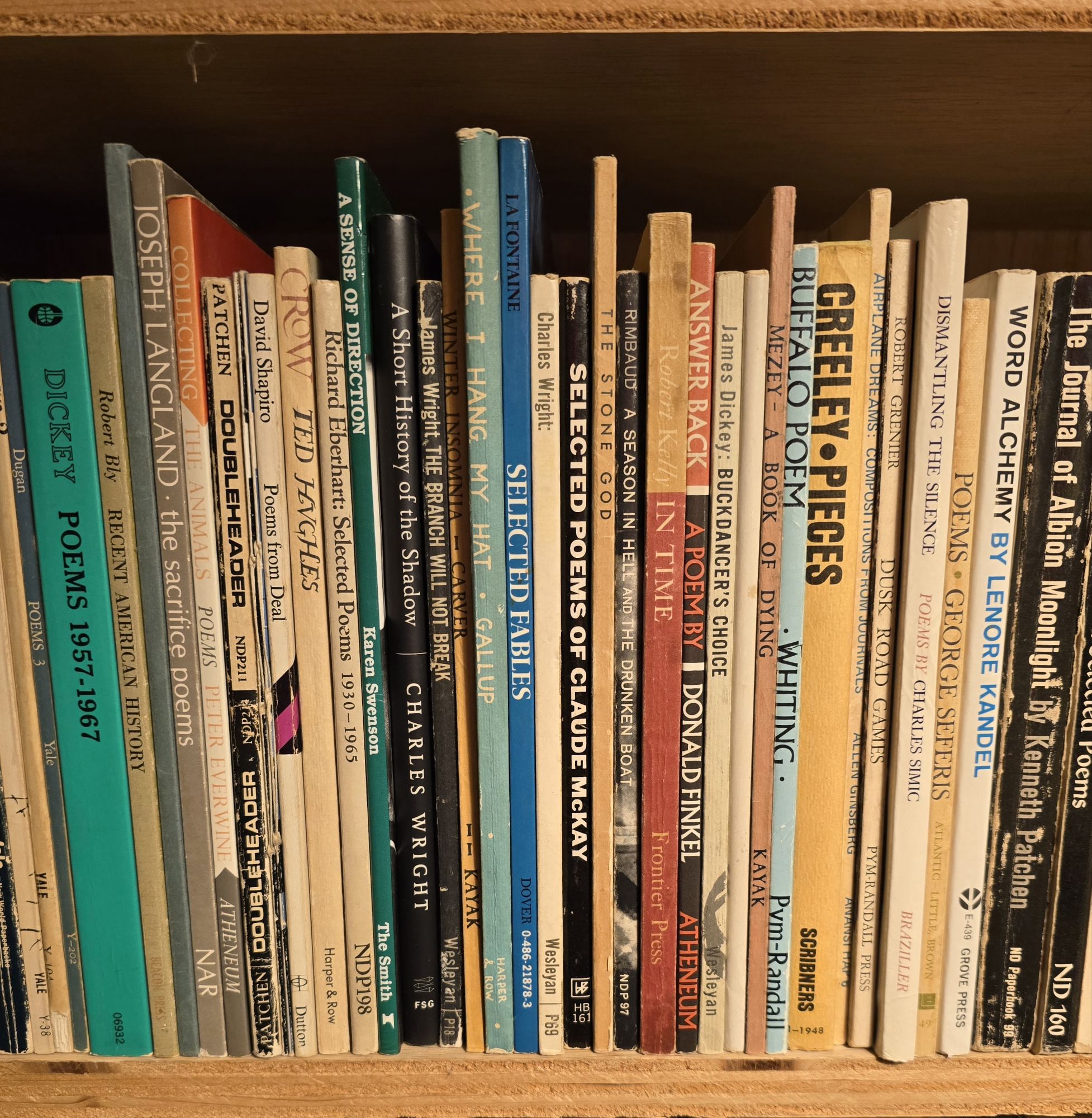
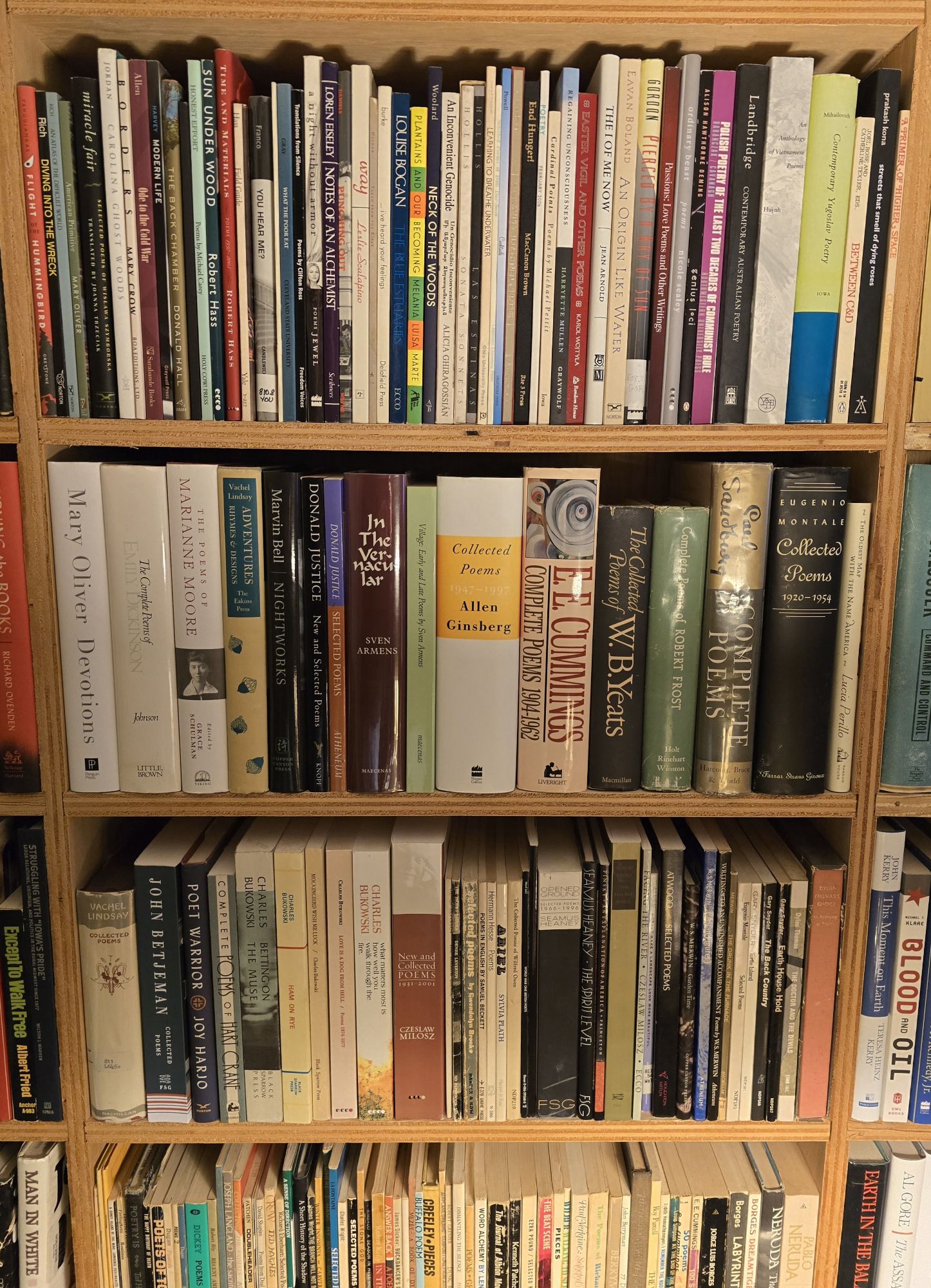
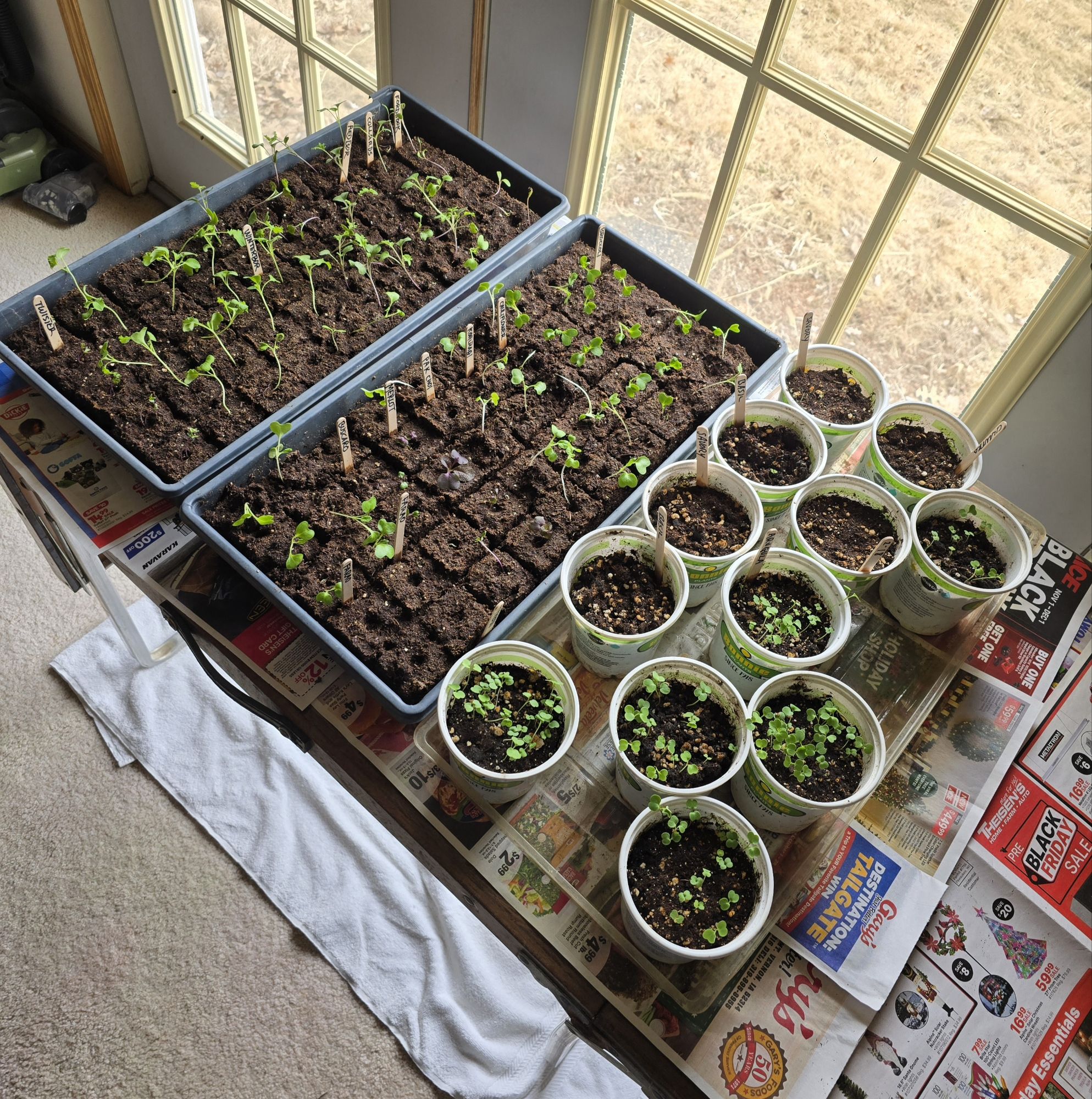



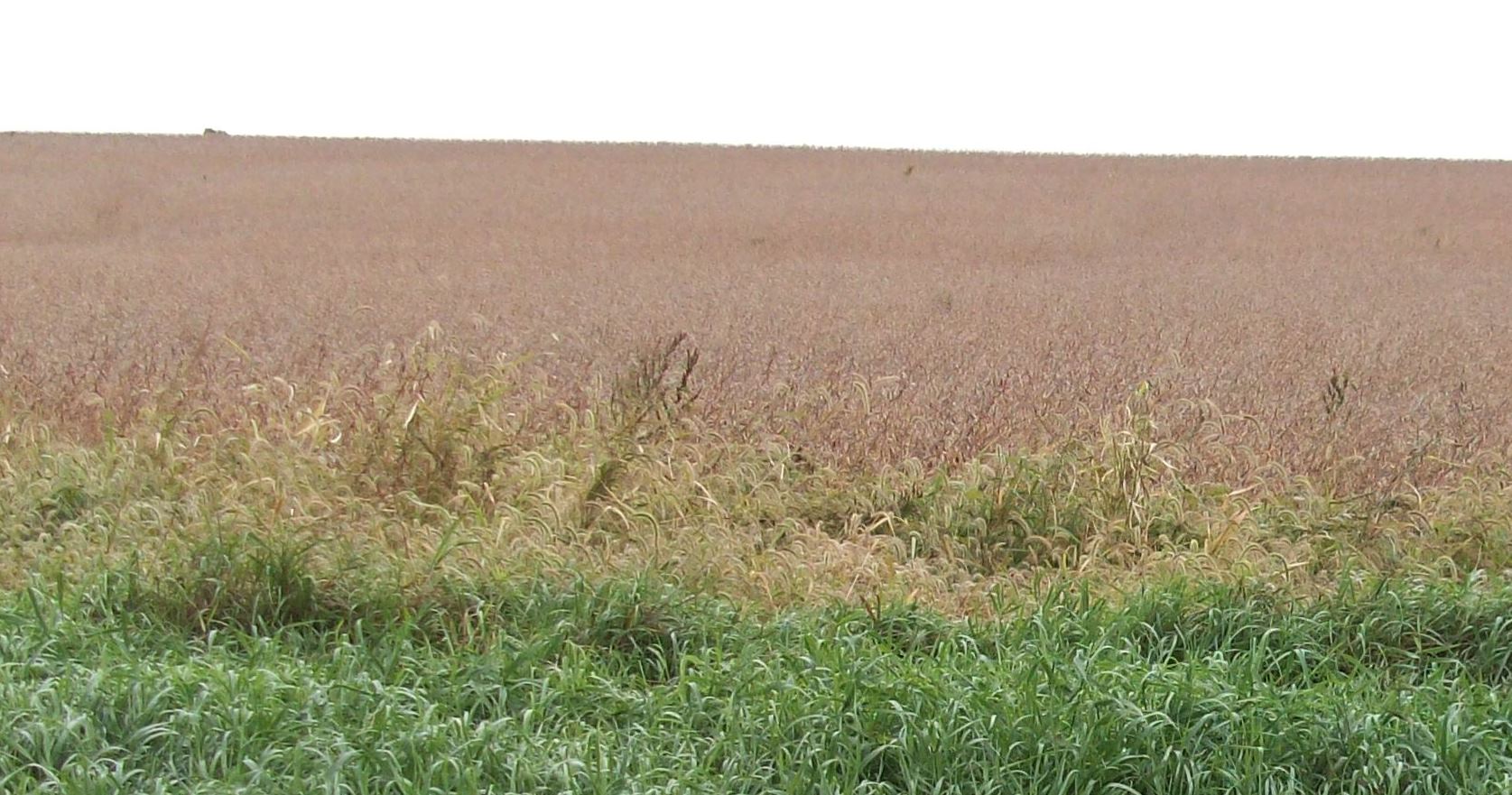

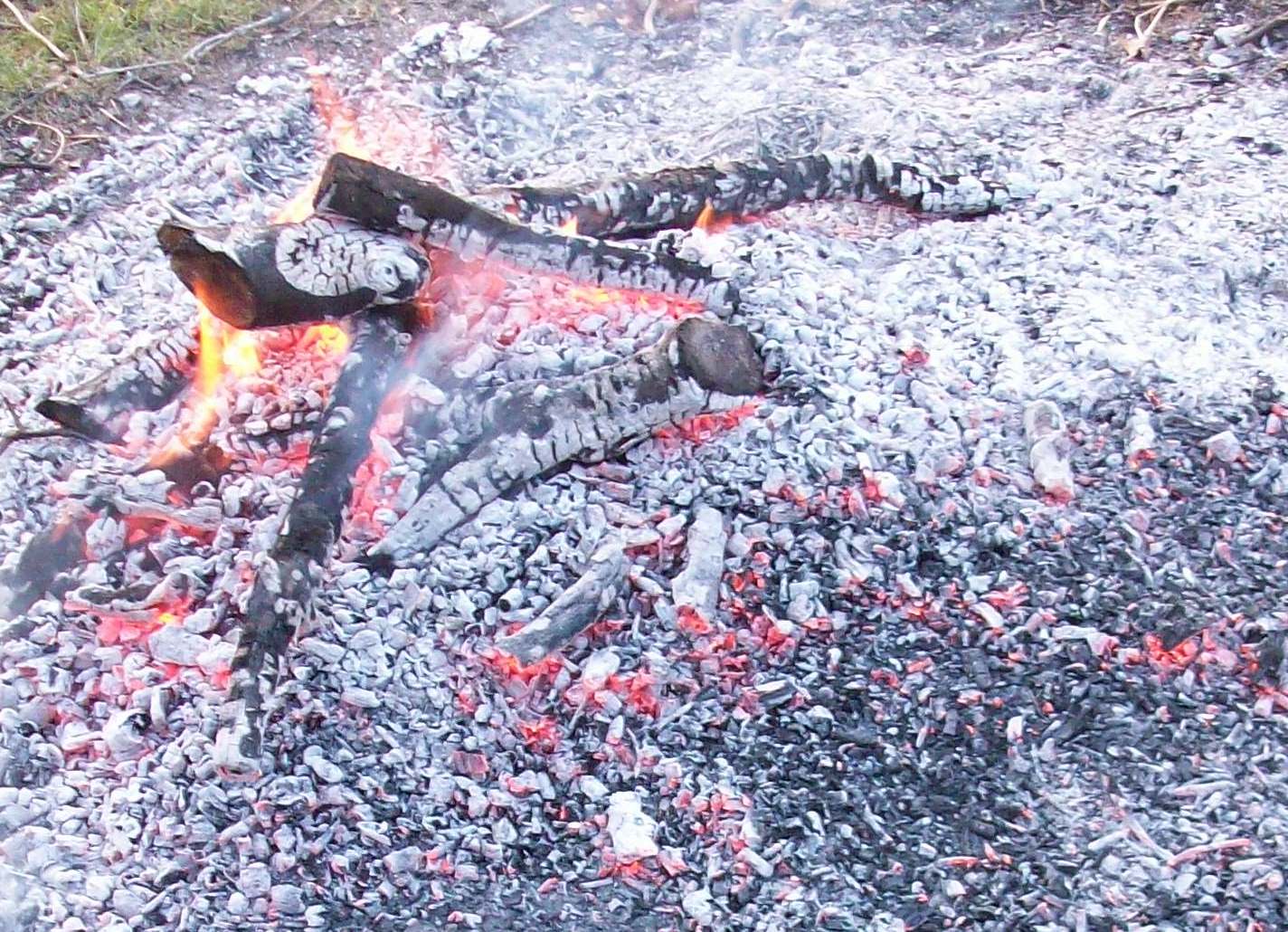
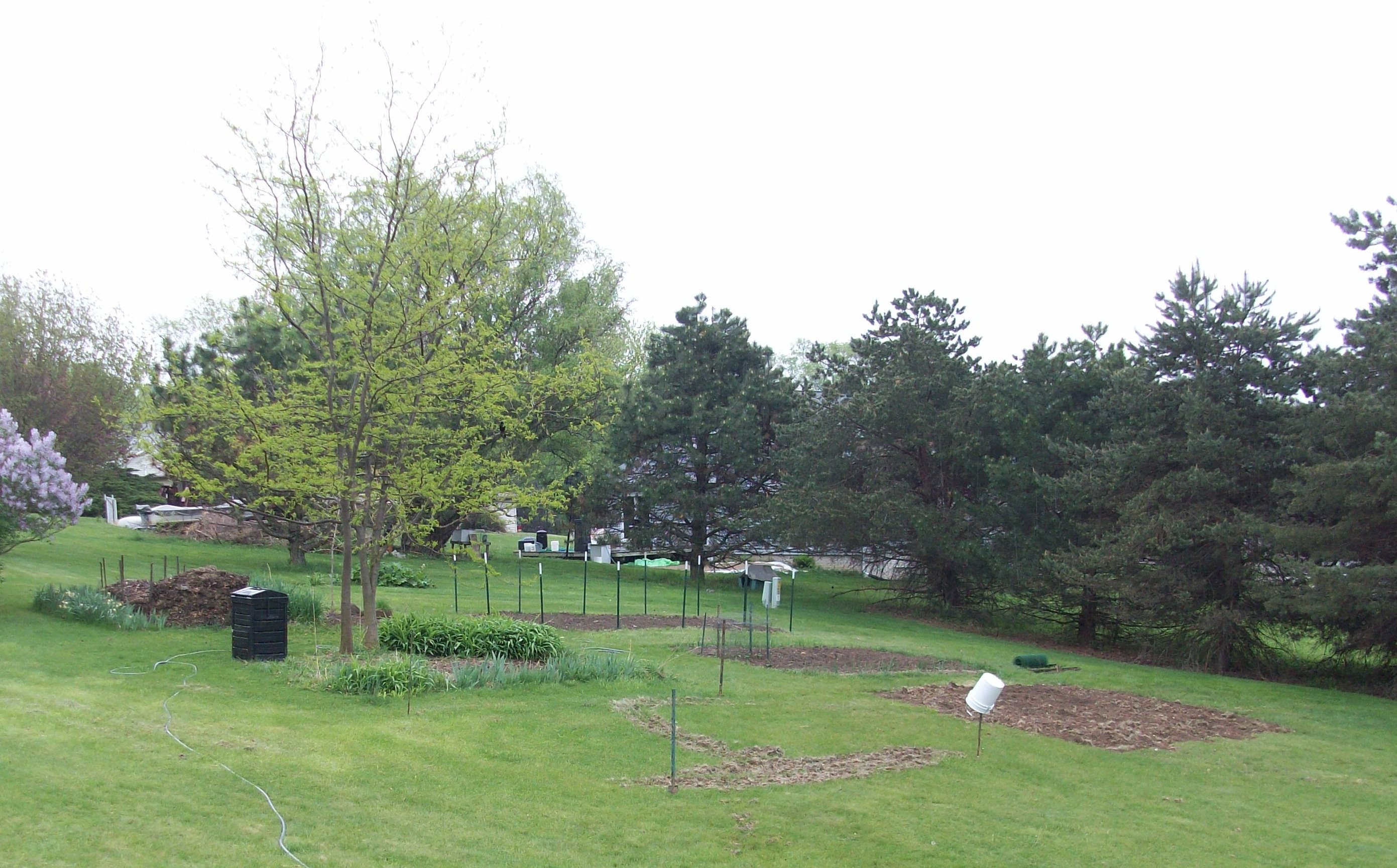
You must be logged in to post a comment.